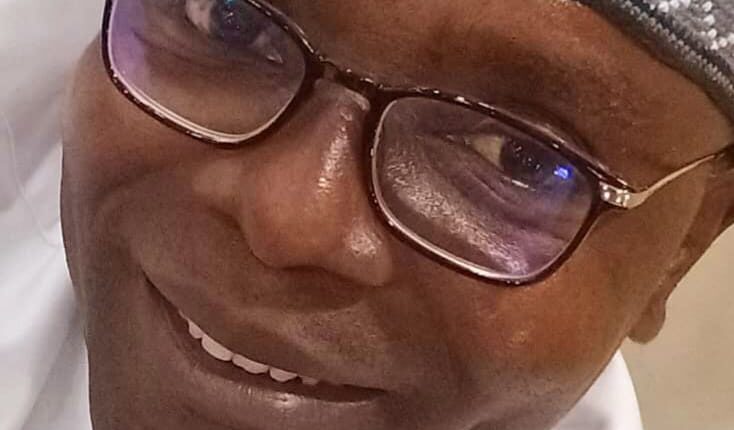Harp on transformational leadership than change in system of rule – Justice Ahiakwo
A prominent Rivers State lawyer based in Calabar, Justice Osai Ahiakwo has called on members of the House of Representatives who are reportedly championing a change from Presidential system of rule to Parliamentary system to de-emphasize same.
He has urged them to rather harp on what he calls transformational leadership.
In a statement issued in Calabar,
Ahiakwo said the country does not need a change of system of government.
“We need a transformation of leadership, taking up the responsibility of caring for the people by providing all the necessities of life, which in turn is for the general good, and happiness of all Nigerians.”
He cautioned, however, they must have their way, then the process should be a holistic one.
He agreed that a country like Nigeria can have a change of system of government but that the change should portend glaring peculiarities adaptable to running a seamless government.
He cautioned that if the desires change must occur then there should be political negotiations via a referendum in effecting policies, especially regarding a suitable system of government.
Ahiakwo stated that although both the presidential and parliamentary systems of government have their own set of benefits yet the system of government has never been a problem for Nigerians.
“Once there are comparative benefits accruable from either the presidential or parliamentary systems of government, the problem is not with the system but lies in the management of our collective heritage.
“A change from presidential to parliamentary would typically require an extensive constitutional process, including amendments to the existing constitution or the drafting of an entirely new constitution.
“The parliamentary system and the presidential system are two different forms of government that have several key differences.
“In a parliamentary system, the head of government is separate from the head of state. The head of government, often called the Prime Minister, is the leader of the majority party in the legislative arm. Whilst, the head of state, such as a monarch or ceremonial president, has a largely symbolic or ceremonial role.
“In a presidential system, as it is currently constituted in Nigeria, the President serves as both the head of government and the head of state. The President is elected separately from the legislatures and has enormous executive powers.
“Addressing the relationship between the Executive and Legislative, in a parliamentary system, the executive arm is directly accountable to the legislative. The Prime Minister and the Cabinet are members of the parliament and must maintain the support of the majority in the legislature to remain in power.
“In a presidential system, the executive and legislative arms are separately elected and have independent powers. The President is not directly accountable to the legislature and has the authority to veto legislation.”
The lawyer said where there is wanton disobedience to regulatory frameworks in the form of Act, Law, Rule, and Order, regardless of the particular system of government, the people will not benefit.
He maintained that changing a system of rule will only serve as an academic exercise merely acknowledged in theory and not in practice.



Comments are closed, but trackbacks and pingbacks are open.